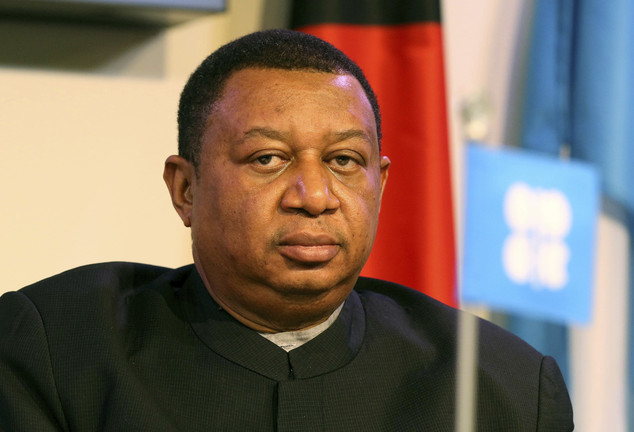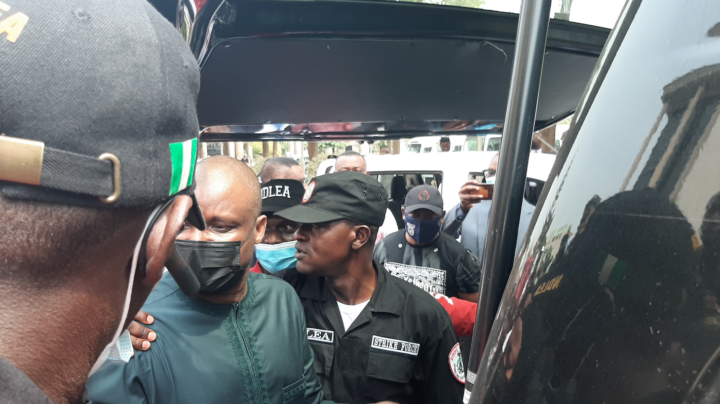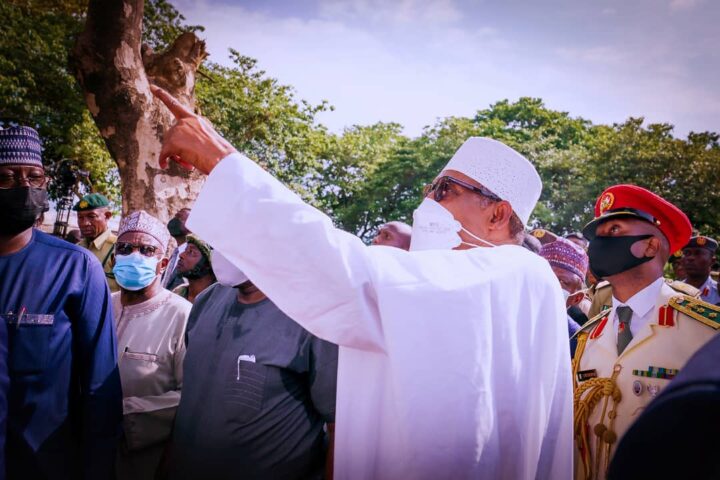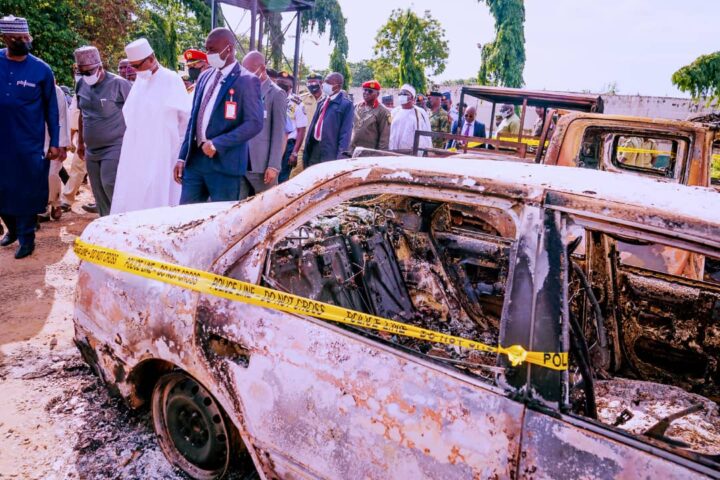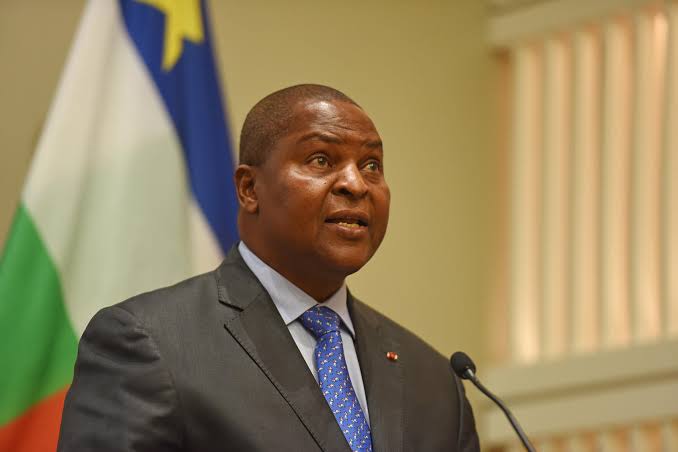The unpredictability of death has been mankind’s eternal worry. It remains a phenomenon that dribbles humanity despite trillions of dollars invested in healthcare and science. It strikes anyone, anywhere, at any time as the pendulum of fate directs.
In the late hours of Tuesday, it came for Mohammed Barkindo, the secretary-general of the Organisation of Petroleum Exporting Countries (OPEC). A man who, a few hours prior, towered above an attentive audience as he delivered a speech to stakeholders at the ongoing 2022 Nigerian Oil and Gas Conference and Exhibition in Abuja. A man who had, on that same day, met with President Muhammadu Buhari at the presidential villa. A man who was just 63 years and was in the twilight of his second tenure at the leadership of OPEC.
Barkindo, who had an eventful final day on earth, enjoyed a life filled with sterling feats and an impressive career trajectory. He spent 24 years in various capacities at the Nigerian National Petroleum Corporation (NNPC), working his way from the fringes to the core of the organisation. As his status grew locally, he also became a perennial feature in the Nigerian delegation to OPEC.
How did a boy born in the mountains of Yola, who studied political science as a first degree, rise to become one of Nigeria’s greatest exports to the international community of oil-producing nations?
Advertisement
FROM YOLA TO THE ZENITH OF NNPC
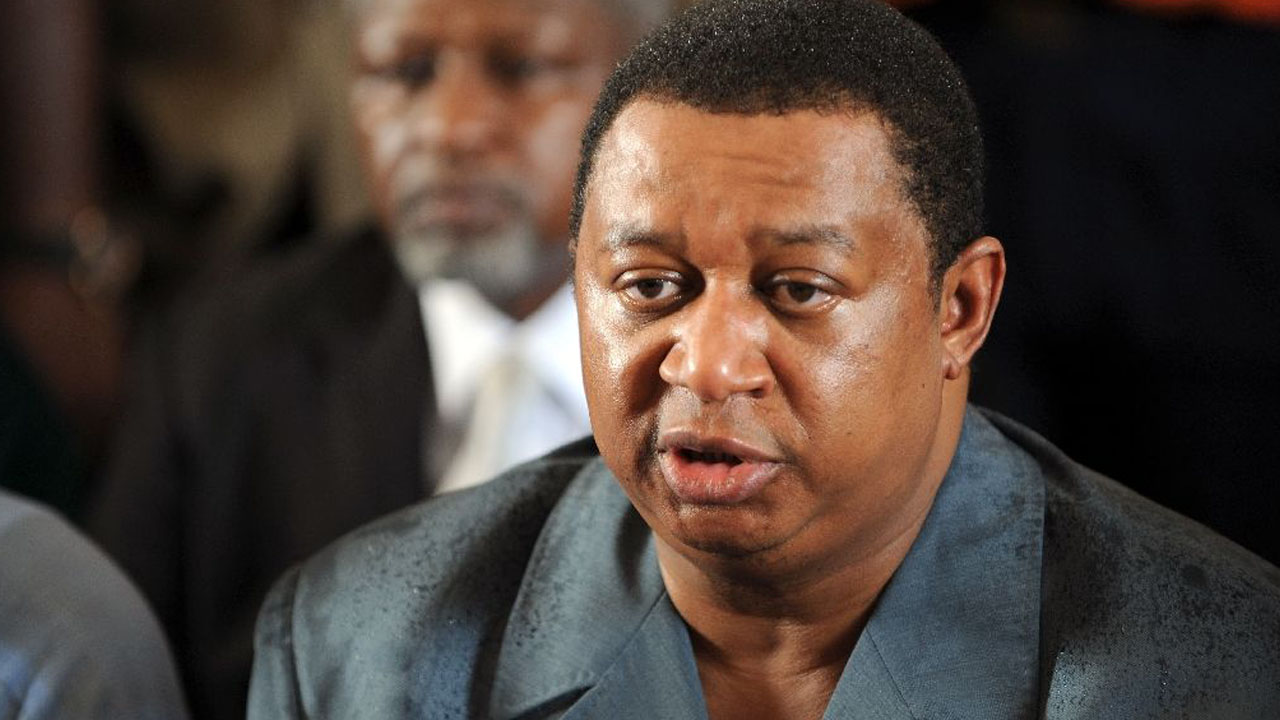
Barkindo was born in Yola, the capital of Adamawa state, on April 20, 1959. After his primary and secondary education, he proceeded to earn his first degree in political science at the Ahmadu Bello University, Zaria, at the age of 22.
Advertisement
A year later, he began his career with the Nigerian Mining Corporation (NMC) where he rose to the level of a principal administrative officer before leaving in 1986.
A few months before quitting the NMC, Barkindo had begun working as a special assistant to Rilwanu Lukman, the minister of mines, power and steel and he served in that capacity until 1985 when the military administration of Buhari was terminated. However, Lukman was also appointed minister by the succeeding military junta headed by Ibrahim Babangida, and Barkindo was retained as a special assistant — a position he held till 1990.
Armed with a post-graduate diploma in petroleum economics at Oxford University in 1988 and a master’s in business administration at Washington University three years later, Barkindo began his sojourn with NNPC.
He became the head of international investments for NNPC in 1992. After heading several positions within the corporation, Barkindo was elevated to the position of coordinator of special projects at NNPC in 2007. He oversaw all federal government projects vested in the NNPC from 2007 to 2009.
Advertisement
And in January 2009, he was appointed the group managing director (GMD) of the NNPC.
OPEC JOURNEY
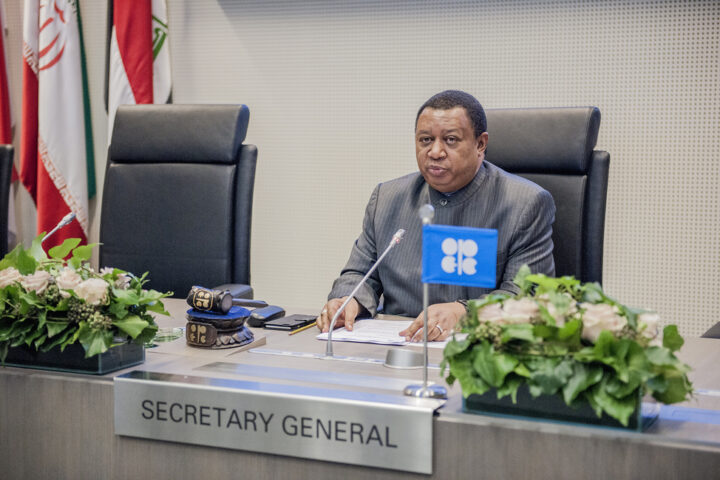
Over the years, Barkindo worked in several key roles at OPEC. In 1986, he became a Nigerian delegate to OPEC ministerial conferences and by 1993, he had risen to the position of Nigeria’s representative on OPEC’s economic commission board (ECB).
Advertisement
In 2006, he got his first taste of OPEC leadership and was named the acting secretary-general of the organisation. Barkindo left the post after a year and continued as Nigeria’s representative on OPEC’s board of governors.
He was then elected as the secretary-general of OPEC on August 1, 2016, replacing Libya’s Abdullah al-Badri.
Advertisement
His tenure at OPEC coincided with tumultuous times for oil-producing nations as they contended with market volatility, due to unstable oil prices, the COVID-19 pandemic and Russia’s invasion of Ukraine.
IMPACT ON CLIMATE CHANGE MOVEMENT
Advertisement
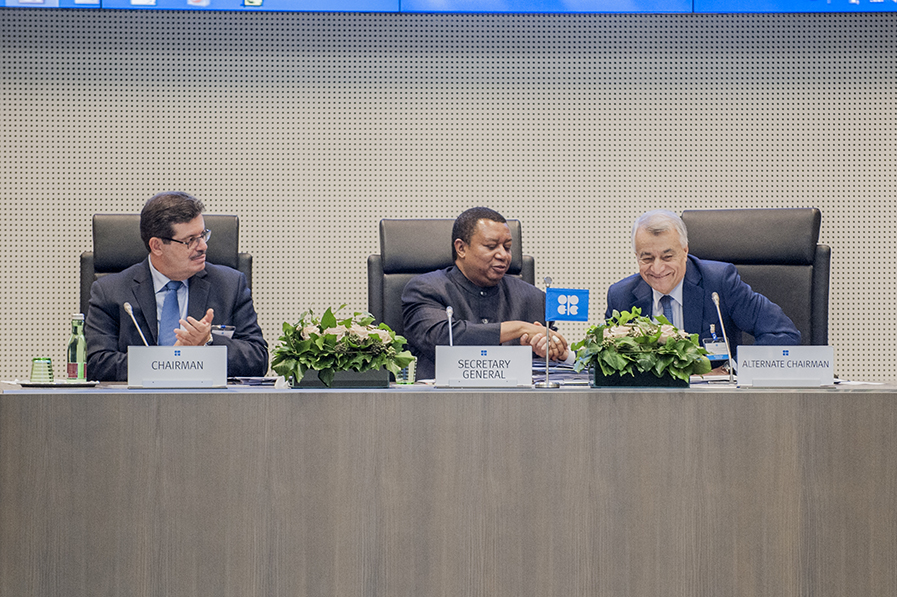
Barkindo had been the leader of Nigeria’s technical delegation to the United Nations climate change negotiations since 1991. He was part of the discussion that produced the UN Framework Convention on Climate Change (UNFCCC) and the Kyoto Protocol to the UNFCCC.
Advertisement
He was the only Nigerian delegate to attend all 15 conferences of the parties to the UNFCCC until 2010 — COP1 in Berlin 1995 to COP15 in Copenhagen.
He was the elected vice-president of the conference of the parties thrice — COP 13 in Bali, Indonesia, in December 2007; COP 14 in Poznan, Poland, in December 2008; and COP 15 in Copenhagen, Denmark, in December 2009.
HIS LAST WORDS
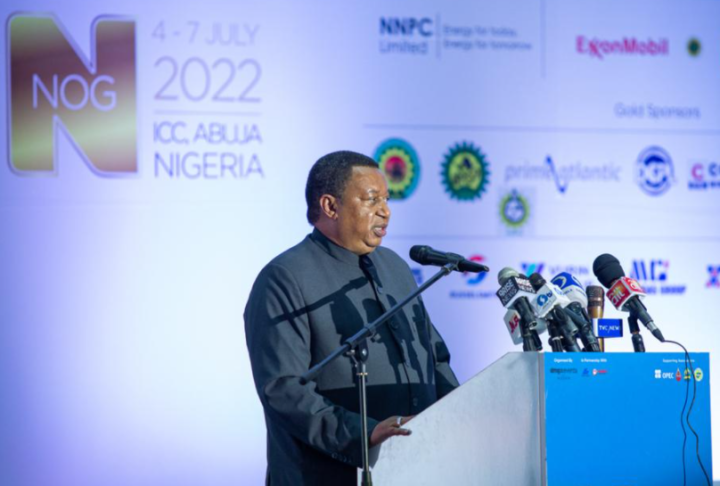
Hours before his demise, Barkindo spoke at the oil and gas conference in Abuja, where he warned that efforts to discourage oil exploration and development are bound to cause energy crises and undermine its security.
He added that geopolitics and regional alignments are hampering cooperation toward a connected global energy system. This, he said, was regrettable.
“Regrettably, we are seeing global energy cooperation becoming more fragmented. New regional alignments are threatening to reverse years of progress toward creating a more stable and interconnected energy system,” he said.
“We cannot afford to allow multilateral energy cooperation and global energy security to become collateral damage of geopolitics.”
Barkindo — who leaves behind a legacy of helping to stabilise the global oil market during uncertain times — is the third ex-NNPC GMD to meet his maker in the last two years, moving on to the afterlife to join Maikanti Baru, who died in May 2020, and Joseph Dawha who passed on in August 2020.
Add a comment
